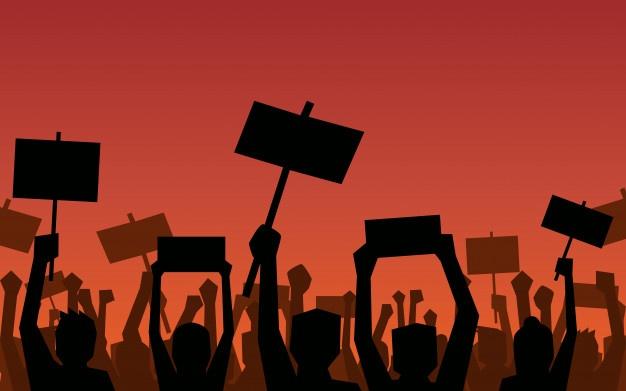India’s most prominent sports and entertainment figures have to traverse a long distance to achieve true greatness.

Representational Image. Image Courtesy: Freepik
The racial bias in the American education system came under the scanner recently from an unexpected quarter. The occasion was a series of events to mark the 100th anniversary of an organised massacre of Blacks in Tulsa, Oklahoma, in 1921. Mobs of violent white supremacists had destroyed the prosperous black Greenwood neighbourhood in a well-planned and predetermined manner, many aided and abetted by city officials, who provided arsonists with weapons. Actor-filmmaker Tom Hanks, regarded as an American cultural icon, underlined the conspiracy of silence in the school curriculum around this tragic race massacre in which 300 Black people died, and 10,000 became destitute or homeless.
In his essay, “You Should Learn the Truth about Tulsa Race Massacre”, published this month in the New York Times, Hanks unpacks the systematic cover-up of the massacre and other instances of racial bias and discrimination that the school education system papers over. He writes that white teachers and school administrators prioritise white feelings over Black experiences, which helps them omit “volatile” topics and preserve the status quo. Hanks has not limited his focus to the racial bias in the American education system but admits the role of Bollywood in shaping “what is history and what is forgotten”.
Have the icons of entertainment in India ever taken a leaf out of Hank’s book and searched their soul about the exclusions, discriminations and humiliations rampant in Indian society and their “industry”? For example, forty-two people, most of them Dalit women and children, were killed in the Thanjavur district of Tamil Nadu in 1969 by local landlords. The Kilvenmani massacre took place more than a half-century ago. On its fiftieth anniversary, a series of remembrance events were held across the country, not unlike the events that marked the Tulsa race violence. The Thanjavur killings are said to be the first massacre of their kind in independent India. No perpetrator of this attack ever got punished. The court held that since the alleged attackers belonged to the upper strata of society, it was difficult to believe that they had walked into the village…(Read the full text here))
